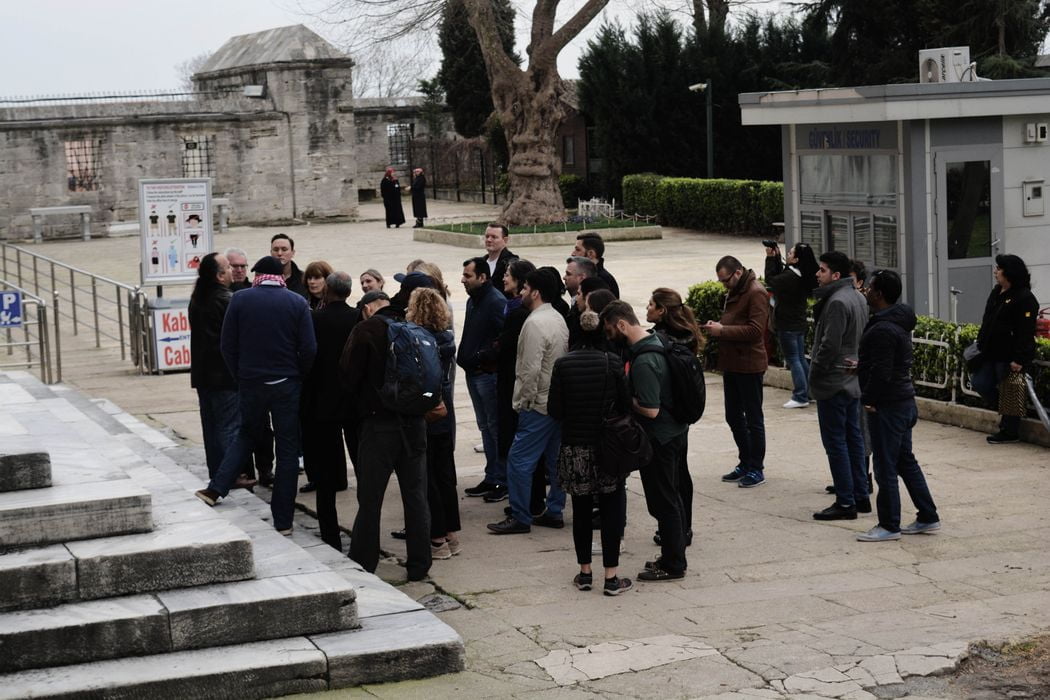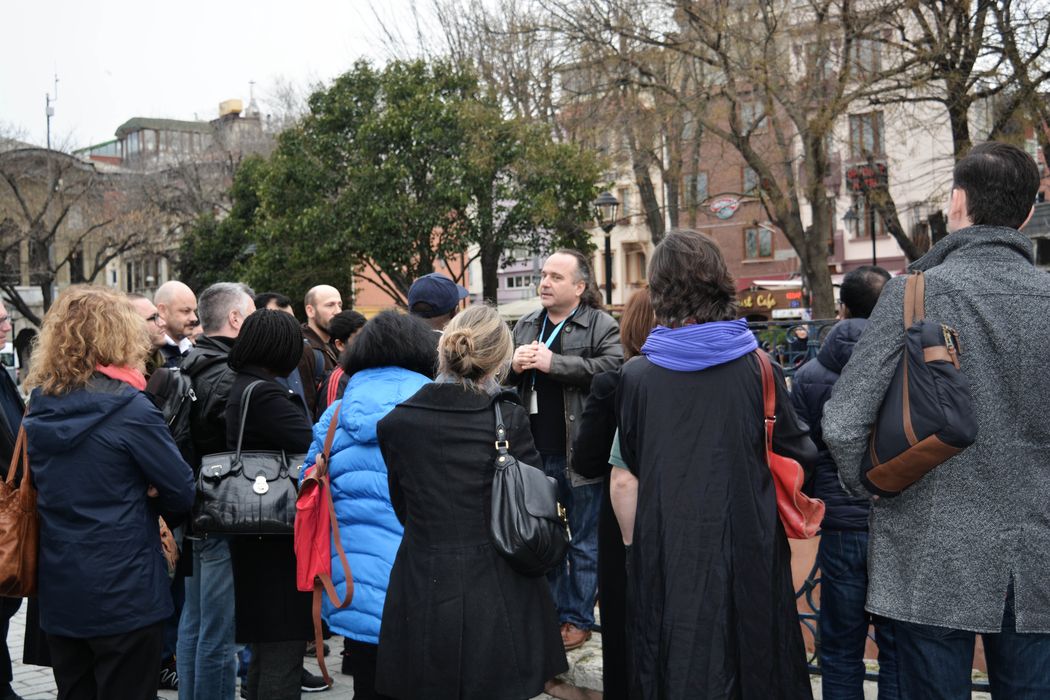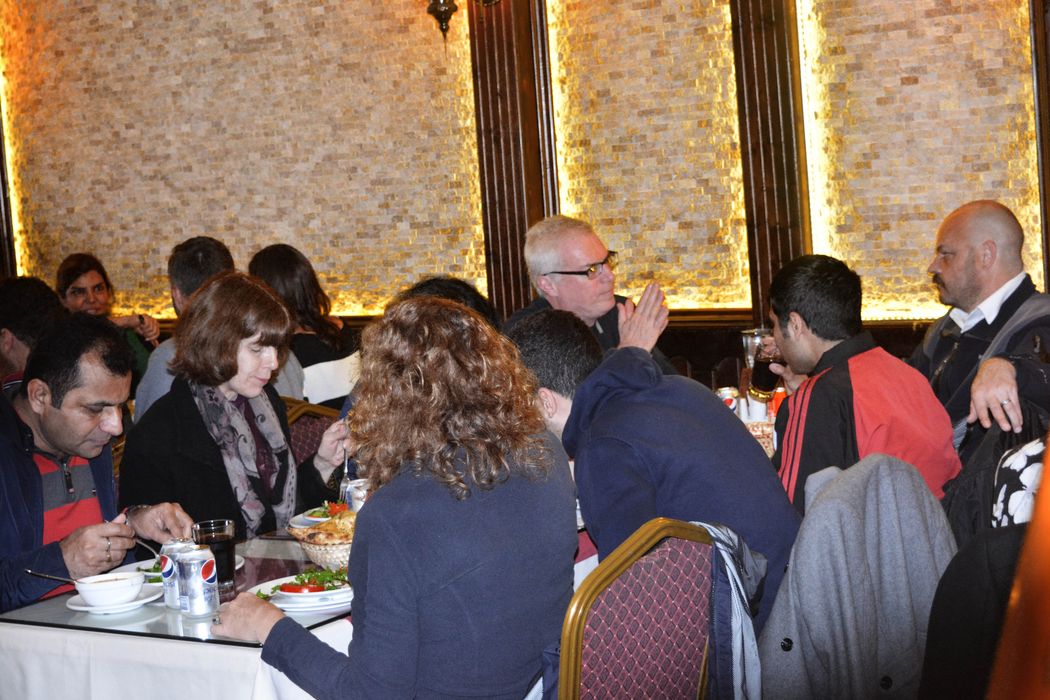A chair is placed for Dugha to sit on. He plays on an instrument made of reeds, with some small calabashes at its lower end, and chants a poem in praise of the sultan, recalling his battles and deeds of valour. The women and girls sing along with him and play with bows. Accompanying them are about thirty youths, wearing red woollen tunics and white skull-caps; each of them has his drum slung from his shoulder and beats it. Afterwards come his boy pupils who play and turn wheels in the air, like the natives of Sind. They show a marvellous nimbleness and agility in these exercises and play most cleverly with swords.
Dugha also makes a fine play with the sword. Thereupon the sultan orders a gift to be presented to Dugha and he is given a purse containing two hundred mithqals of gold dust and is informed of the contents of the purse before all the people. The commanders rise and twang their bows in thanks to the sultan. The next day each one of them gives Dugha a gift, every man according to his rank. Every Friday after the ‘asr prayer, Dugha carries out a similar ceremony to this that we have described.
Kind of sermonizing
On feast-days after Dugha has finished his display, the poets come in. Each of them is inside a figure resembling a thrush, made of feathers, and provided with a wooden head with a red beak, to look like a thrush’s head. They stand in front of the sultan in this ridiculous make-up and recite their poems. I was told that their poetry is a kind of sermonizing in which they say to the sultan: “This pempi which you occupy was that whereon sat this king and that king, and such and such were this one’s noble actions and such and such the other’s.
So do you too do good deeds whose memory will outlive you.” After that the chief of the poets mounts the steps of the pempi and lays his head on the sultan’s lap, then climbs to the top of the pempi and lays his head first on the sultan’s right shoulder and then on his left, speaking all the while in their tongue, and finally he comes down again. I was told that this practice is a very old custom amongst them, prior to the introduction of Islam, and that they have kept it Up.
Read More about The History of Susanna 2








